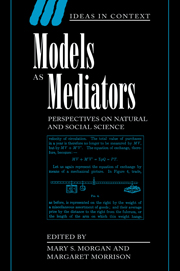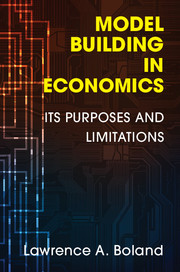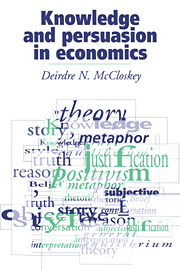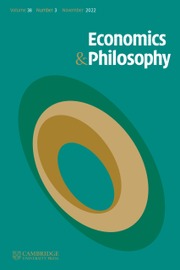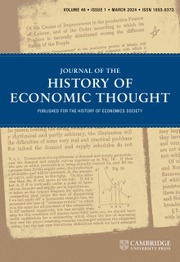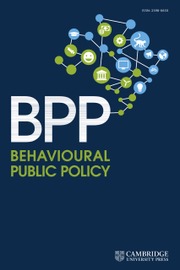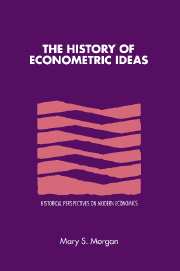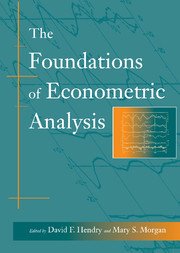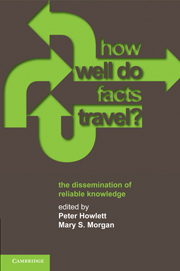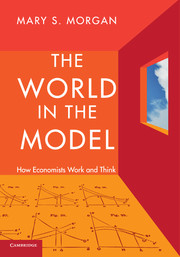Models as Mediators
Models as Mediators discusses the ways in which models function in modern science, particularly in the fields of physics and economics. Models play a variety of roles in the sciences: they are used in the development, exploration and application of theories and in measurement methods. They also provide instruments for using scientific concepts and principles to intervene in the world. The editors provide a framework which covers the construction and function of scientific models, and explore the ways in which they enable us to learn about both theories and the world. The contributors to the volume offer their own individual theoretical perspectives to cover a wide range of examples of modelling, from physics, economics and chemistry. These papers provide ideal case-study material for understanding both the concepts and typical elements of modelling, using analytical approaches from the philosophy and history of science.
- Provides a general framework for modelling which covers material from the fields of both physics and economics
- Provides case studies on the role of modelling in science for students of the history and philosophy of science
- International contributors from range of academic disciplines discuss ways models function in modern science
Product details
October 1999Hardback
9780521650977
420 pages
229 × 152 × 27 mm
0.79kg
Available
Table of Contents
- Preface
- 1. Introduction Margaret Morrison and Mary S. Morgan
- 2. Models as mediating instruments Margaret Morrison and Mary S. Morgan
- 3. Models as autonomous agents Margaret Morrison
- 4. Built-in justification Marcel Boumans
- 5. The Ising model, computer simulation, and universal physics R. I. G. Hughes
- 6. Techniques of modelling and paper-tools in classical chemistry Ursula Klein
- 7. The role of models in the application of scientific theories: epistemological implications Mauricio Suarez
- 8. Knife edge caricature modelling: the case of Marx's reproduction schema Geert Reuten
- 9. Models and the limits of theory: quantum Hamiltonians and the BCS model of superconductivity Nancy Cartwright
- 10. Past measurement and future prediction Adrienne van den Bogaard
- 11. Models and stories in Hadron physics Stephan Hartmann
- 12. Learning from models Mary S. Morgan.

